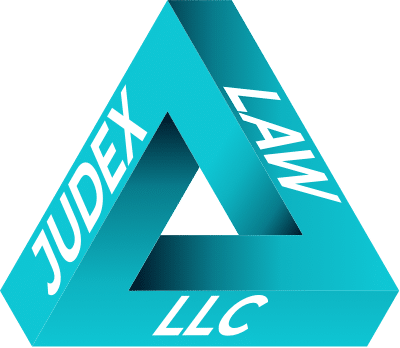The Financial Industry Regulatory Authority (FINRA) proposed new rule changes regarding the arbitrator list selection process. In mid-March, FINRA announced its intention to “provide greater transparency and consistency” in the selection process of arbitrators to oversee and administer FINRA Dispute Resolution Services (DRS). If the proposed changes are approved and enacted, they will impact both the Code of Arbitration Procedure for Customer Disputes and the Code of Arbitration for Industry Disputes in several ways. As a securities firm or financial advisor, it’s critical to understand the implications of these rule changes so you can prepare for their potential implementation. Many of FINRA’s rules may be shifting in the upcoming months, so reach out to a knowledgeable securities law attorney for the clarification you need. Let’s take a look at the factors driving these recent rule change proposals and the potential impact they could have on the arbitration process.
Factors Driving the Proposed Rule Changes
A panel of independent reviewers released a report in June 2022 detailing FINRA’s Dispute Resolution Services, particularly in regard to the arbitrator selection process. The independent review stemmed from a case in which a Georgia state court vacated a FINRA arbitration award after discovering that the arbitrator pool had been “manipulated,” meaning an attorney had a tacit agreement with FINRA to remove arbitrators who had ruled against his clients in prior hearings. Although the Georgia Court of Appeals eventually overturned the lower court ruling, the incident was alarming enough to warrant several recommended rule changes to the current arbitrator selection process. Ultimately, FINRA aims to create greater transparency during the process, minimizing the risk of claims of obfuscation or impropriety in the future.
The Potential Impacts of the Proposed Changes
The proposed rule changes, if enacted, would affect the arbitrator selection process under the Code of Arbitration Procedure for Customer Disputes and the Code of Arbitration Procedure for Industry Disputes. Below are a few direct impacts the new rules would have on both of these processes.
Minimizing Conflicts of Interest
The proposed rule changes would codify FINRA’s existing method of using an algorithm and a manual review to locate potential conflicts of interest. Before arbitrators are selected, FINRA uses an algorithm to screen for geography and randomly generates a list of qualified arbitrators. This list excludes arbitrators based on documented conflicts of interest made known to FINRA member firms. Next, the algorithm produces three lists of available arbitrators, and the DRS reviews these lists manually for any remaining conflicts of interest (i.e., arbitrators who are related to the disputing parties or the attorneys in some way). Currently, the rules only address the specifics of the algorithm process—the new rules would specify and codify both the algorithm and the manual review process.
Clarifying the Duties of the FINRA Director
If enacted, the new rules would require the FINRA Director to provide a written explanation when granting or denying a party’s request to remove an arbitrator. This rule aims to make the entire process more transparent by creating more written documentation. Should an issue or dispute arise, the written explanation will serve as a critical piece of information to shed light on the matter.
Imposing Clearer Time Limits
The proposed rule changes would also provide more precise time restrictions affecting procedural issues. Under current FINRA Rules 12407(a) and 13410(a), “the Director may remove an arbitrator for conflict of interest or bias, either upon request of a party or on the Director’s own initiative.” However, the only timeframe provided reads, “Before the first hearing session begins.” The new rules would state that a party or the Director may raise a challenge to an arbitrator for cause as soon as they receive the arbitrator ranking lists, up until the beginning of the initial hearing session.
Anticipating What Comes Next
FINRA submitted these proposed rule changes to the Securities and Exchange Commission (SEC) during the final month of 2022. So far, the SEC has not responded. However, various reports and notices have indicated that the SEC has until mid-April to act on these proposed rule changes. In addition to the above modifications, the new rules would address technical issues under both Codes relating to prehearing conferences, hearing sessions, responding to claims, navigating motions, case dismissal, and the process for providing a hearing record.
Although these changes would not overturn or upset the ways in which FINRA identifies conflicts of interest, it’s important to recognize how these minor shifts could impact your experience with the FINRA arbitration process. The existing rules and procedures are complex and nuanced enough, and keeping up with every update can be challenging. Consider enlisting the guidance of a trusted and experienced securities law attorney to ensure you understand the most up-to-date procedural information. Your attorney can answer your questions, address your concerns, and empower you to move forward with greater certainty and confidence.
If you have questions about the FINRA expungement request process, call Judex Law, LLC, today at (303) 523-4022 to speak with an experienced and friendly securities law attorney.

